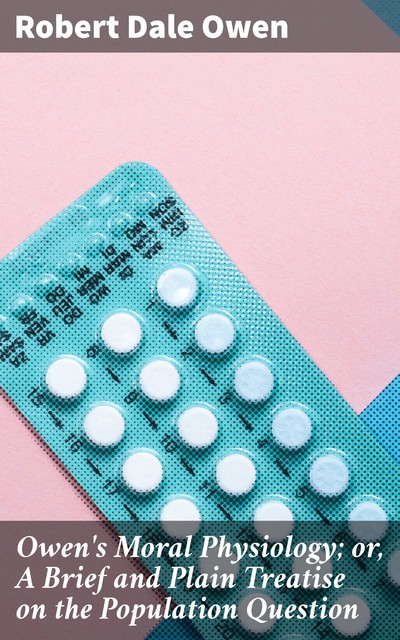In “Owen's Moral Physiology; or, A Brief and Plain Treatise on the Population Question,” Robert Dale Owen addresses the pressing issues of overpopulation and its socio-economic implications, employing a rational, empirical approach typical of 19th-century reformist literature. The text combines scientific inquiry with moral philosophy, challenging prevalent notions of population control and advocating for enlightened social policies. Owen's exploration of the intricate relationship between population dynamics and societal welfare is deeply contextualized within the burgeoning discourse of utopian socialism and reform movements of his time, making the work a seminal contribution to discussions on moral responsibility and social ethics. Robert Dale Owen, born in 1801 in England and later a prominent figure in America, was influenced by the Enlightenment ideals and the burgeoning industrial age, which shaped his belief in the potential for social improvement through reason and education. His experiences as a social reformer, co-founder of New Harmony, and advocate for women's rights and education undoubtedly informed the arguments presented in this treatise, reflecting his commitment to progressive thought and societal betterment. Readers intrigued by social reform, moral philosophy, or demographic studies will find Owen's work both thought-provoking and essential. As a foundational text in the debate over population and ethics, it not only illuminates historical perspectives but also challenges modern readers to reflect on continuous themes of social responsibility and human progress.


